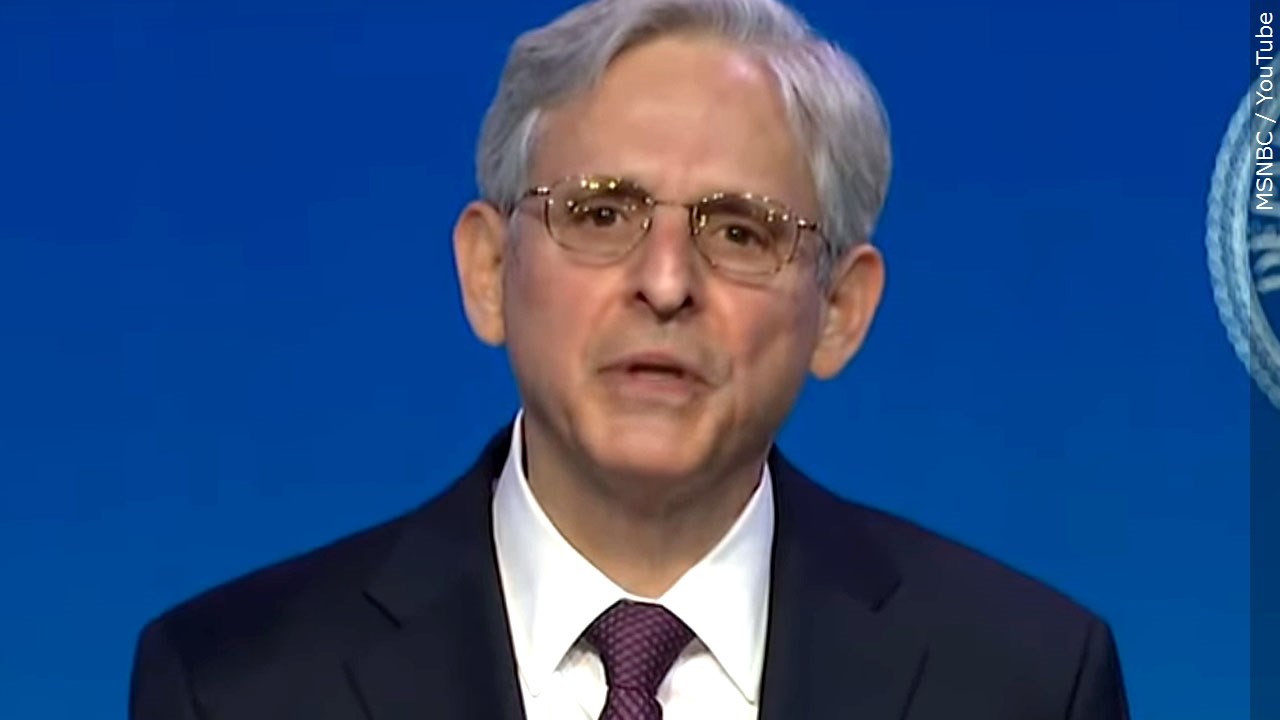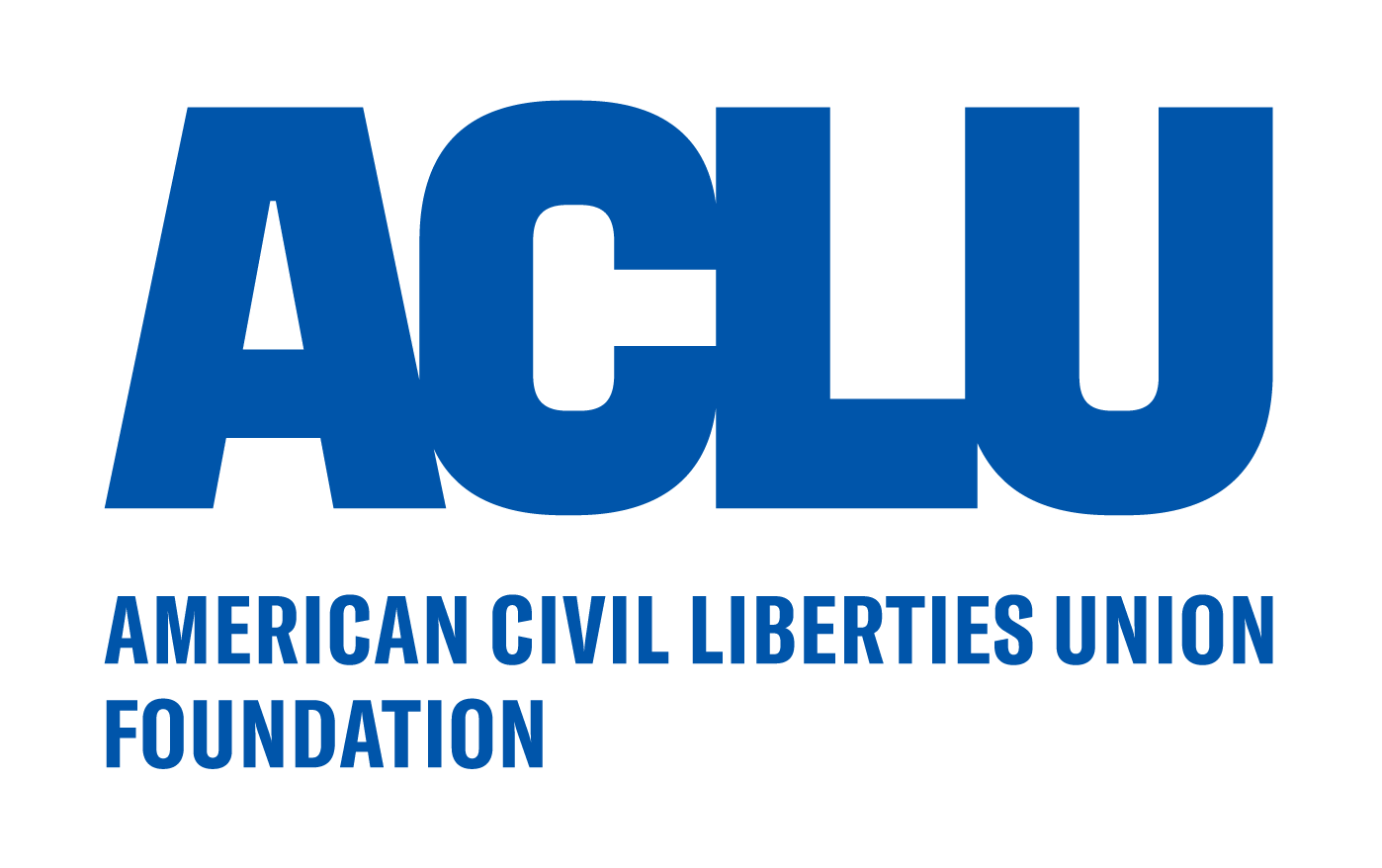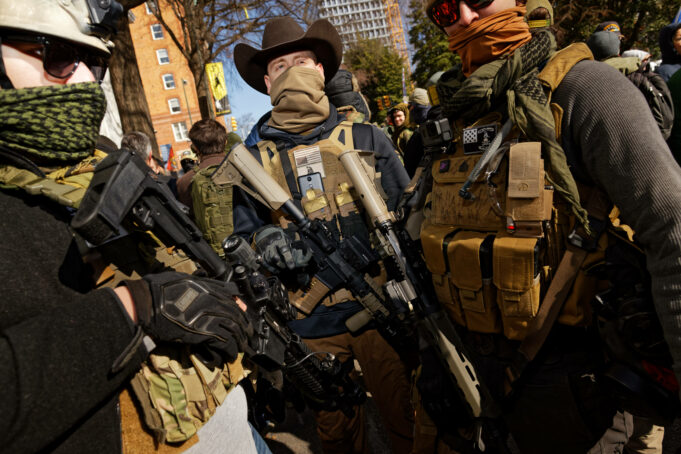by Naba’a Muhammad and Michael Z. Muhammad
The Justice Dept. has finally admitted that the leading threat to the United States is angry and armed White people.
A new focus on “domestic terror” was recently announced along with a million-dollar budget and law enforcement connections at the state and local levels.
But is this a coming assault on Whiteness as a threat to America’s existence or expanded government that will again target Blacks and other voices of dissent?
Assaults on “terror” have been a double edged sword with progressive Black movements most often being caught in the federal government’s crosshairs.

According to the June 15 announcement by U.S. Attorney General Merrick Garland, the two most lethal elements of today’s domestic terrorism threat are racially or ethnically motivated violent extremists who believe in White race superiority, and are anti-government or violent anti-authority extremists, such as militias and armed groups.
With a rising anti-government sentiment and a lasting sense White victimization stoked by and still promoted by former President Donald Trump, Trumpsters in the Republican Party, conservative media and disaffected White voters, divisions in America are not just along racial lines. The lines drawn today are also among Whites who feel that their government is the enemy, notwithstanding their old racial hatreds.
The world watched as an insurrection erupted in the halls of the U.S. Capitol in January as Trump disciples raided Congress, battling with police officers, breaking windows, bashing doors and threatening to “hang Mike Pence,” who was Mr. Trump’s vice president. The thousands who invaded Capitol Hill were egged on and lauded by Mr.

Trump, who had urged crowds gathered Jan. 6 to fight for their country. Declaring the 2020 presidential election had been stolen, the acerbic president exhorted supporters to stop the official results from being acknowledged by congressional lawmakers who had assembled for that task.
“We fight. We fight like hell. And if you don’t fight like hell, you’re not going to have a country anymore,” Mr. Trump declared during a gathering near the White House before the Capitol invasion.
Since then, the political vitriol and enmity has remained strident with the GOP firmly under Trump control and Fox News personalities declaring the attempted coup wasn’t the work of their political messiah and his disciples, but the FBI, left-wing imposters and plotters. Over 400 people have been linked to the assault but many have remained unrepentant, even belligerent as the federal investigation is still under way.
There is also White fatigue and anger as many feel their country has been taken over, their power diminished, their future dimmed and their hearts fed up with apologies, diversity and accommodation. Many feel the country is tilted against them with Blacks, immigrants and the growing non-White hordes benefitting from expanded opportunity, housing, education, benefits and legal protections.
And the angry White masses believe their government has abandoned them and turned against them.
According to Robin DiAngelo, those who have forever ruled and benefitted from a system that elevated their racial status, suffer from “White Fragility.”
“The disbelieving defensiveness that White people exhibit when their ideas about race and racism are challenged—and particularly when they feel implicated in White supremacy—White fragility holds racism in place,” she said. “White people cling to the notion of racial innocence, a form of weaponized denial.”
“Domestic terrorism—driven by hate, bigotry, and other forms of extremism—is a stain on the soul of America,” said President Biden, who was traveling in Europe at the time. “It goes against everything our country strives for, and it poses a direct challenge to our national security, democracy, and unity.”
“In the FBI’s view, the top domestic violent extremist threat comes from racially or ethnically motivated violent extremists, specifically those who advocated for the superiority of the White race,” Attorney General Garland said.
The Justice Department’s proposed budget for next year includes $100 million in additional resources related to domestic terrorism to be used for analysts, investigators, and prosecutors.
What federal authorities see as a threat are Whites who cling to their racial identity above all, including their allegiance to the United States. There are fears that this strain of White discontent is seen not only in chat rooms and forums but also in the U.S. military, police departments and organized groups like the Proud Boys, the Oath Keepers, who say law enforcement has a greater duty to protect the country than to obey their superiors, and others who are willing to actively engage in a war against the U.S. government.
That mindset was apparent with video of insurgents on Capitol Hill and there are deeper fears of sympathizers or supporters among the U.S. Capitol Police, the Defense Dept., and other federal agencies.
In February, the U.S. Capitol Police announced that 35 officers were under investigation for their roles in the January insurrection. Six of the officers were suspended with pay at the time. Capitol Police Officer Brian Sicknick died from injuries suffered during the insurrection. Two officers later committed suicide. One-hundred twenty-five Capitol Police officers were attacked and over 70 officers were injured.
The probe was into whether the officers may have helped the insurrectionists. Widely reported was Democrat Tim Ryan’s assertion that one suspended officer had taken a selfie with a Capitol invader and another officer, wearing a pro-Trump hat, provided directions to insurrectionists.
Then some U.S. National Guardsmen were pulled from the Biden inauguration because of questions about their political ideology or loyalty. The 12 guardsmen were removed after vetting by the FBI with two having made extremist statements online or in text messages and “all 12 were found to have ties with right-wing militia groups or posted extremist views online,” said the Associated Press. The guardsmen were “security liabilities,” officials said.
There are also debates about whether the U.S. should have a clear domestic terror law, but federal lawmakers have been loath to appear to curtail White rights and White speech.
“The Biden administration is rightly focused on addressing white supremacist violence, but its strategy includes none of the civil rights and liberties safeguards that rights groups and communities of color have long sought,” said Hina Shamsi, director of the ACLU’s National Security Project.
“Embracing civil rights and liberties as a national security imperative means little when this new strategy fails to rein in abusive counterterrorism tools that result in unfair and unjustified surveillance and targeting of Black and Brown people, particularly Muslims. We’re deeply disappointed that the administration failed to impose safeguards against biased profiling, overbroad law enforcement information sharing, and other measures that harm free expression and equal protection, including of the very communities that White supremacists target.”
The American Civil Liberties Union warned against expanding laws and expanding police powers, citing historical abuses and recent police targeting of Black Lives Matter activists, immigration reform advocates and other voices of dissent.
In federal testimony earlier this year, the ACLU blasted the “Department of Justice and the Federal Bureau of Investigation for their failure to focus on white supremacist violence and protect impacted communities. Congress should hold government agencies accountable for the lack of focus on White supremacist violence. This accountability begins with requiring agencies to provide meaningful data on their failure to use resources and prioritize efforts to address white supremacist violence.”
“If Congress seeks to better protect marginalized communities, it should prohibit biased profiling and surveillance that has long harmed Black and Brown people,” the ACLU said.
And observed Priscilla A. Ocen of Just Security, an online forum for the analysis of national and international security based at the Reiss Center on Law and Security at New York University School of Law, “the underpolicing of white racial violence and white supremacy is a foundational component of policing in the United States. … Slave patrols relied on whites of all stripes to maintain control over enslaved people as a means to preserve ‘law and order’ in the South … The newly created police forces, however, had a similar role to the slave patrols that preceded them: enforcement of formal and informal racial boundaries. Police, however, did not do this work alone. Instead, they relied upon or tolerated racial violence in order to maintain white supremacy as a ‘way of life.’ In other words, white racial violence was not antithetical to policing, it was a tactic of policing.”
“The major question unanswered by the strategy is whether the Biden administration will support a domestic terrorism criminalization statute. As odd as it sounds, there is no such crime as ‘domestic terrorism,’ ” argued Ryan B. Greer of Just Security in a piece published online June 18.
“Many national security experts have argued in favor of criminalizing domestic terrorism, whereas civil rights advocates have urged restraint so as not to overly empower law enforcement and risk infringing on civil liberties or jeopardize already-marginalized communities. Many argue that political will has been the major impediment to going after right-wing violent extremists, not a gap in the law,” he added.
Some Black activists worry the new initiative is a 2021 warmed-over version of the 1960s and 1970s federal Cointelpro domestic spying and dirty tricks operation against Black groups and activists and hearkens back to the FBI’s infamous “Black Identity Extremists” designation.
“More than three years after the FBI came under fire for claiming ‘Black identity extremists’ were a domestic terrorism threat, the bureau has issued a new terrorism guide that employs almost identical terminology,” reported Yahoo News. “The FBI’s 2020 domestic terrorism reference guide on ‘Racially or Ethnically Motivated Violent Extremism’ identifies two distinct sets of groups: those motivated by white supremacy and those who use ‘political reasons—including racism or injustice in American society’ to justify violence. The examples the FBI gives for the latter group are all Black individuals or groups.”
“The fact is, Black radicalism, including Black separatism, has long been about winning equity, peace, and justice for Black people, not about denying it to anyone else—while White supremacist violence has been responsible for the vast majority of domestic terror attacks in 2020 and throughout the last several decades,” said Malkia Devich-Cyril, the founding director and a senior fellow at MediaJustice in Oakland, Calif.
“We are concerned that a new federal domestic terrorism statute or list would adversely impact civil rights and—as our nation’s long and disturbing history of targeting Black Activists, Muslims, Arabs, and movements for social and racial justice has shown—this new authority could be used to expand racial profiling or be wielded to surveil and investigate communities of color and political opponents in the name of national security,” added the Leadership Conference on Civil and Human Rights, a coalition of more than 220 national organizations dedicated to civil and human rights in the United States, in a letter written to Congress in January.
Abdul Haleem Muhammad, PhD., Southwestern regional representative of the Honorable Minister Louis Farrakhan and the Nation of Islam, described the developments as more evidence of a Divided America. “There is real America, the patriots, there is smart America, people who are educated and ready for change, then there is just America,” he said. “These people want to make sure that people confront the truth, see the truth, and change. This country is falling apart. It is what the Minister said at Saviours Day 2020. We’re watching the unraveling of a great nation.”
“There is a Cold Civil War, a Chilly Civil War, going on among Whites which separates them along with the economics. It is significant, very significant, but it is a target between the White elite and the White working class and White poor. That’s what the data show,” Dr. Anthony Monteiro, a noted sociologist based in Philadelphia told The Final Call.
“White people will never come to confront their Whiteness. In the words of James Baldwin, Whiteness is an invented fiction, and they will never let go of it. This is the same Biden that sponsored the crime bill, isn’t it?” he asked.













